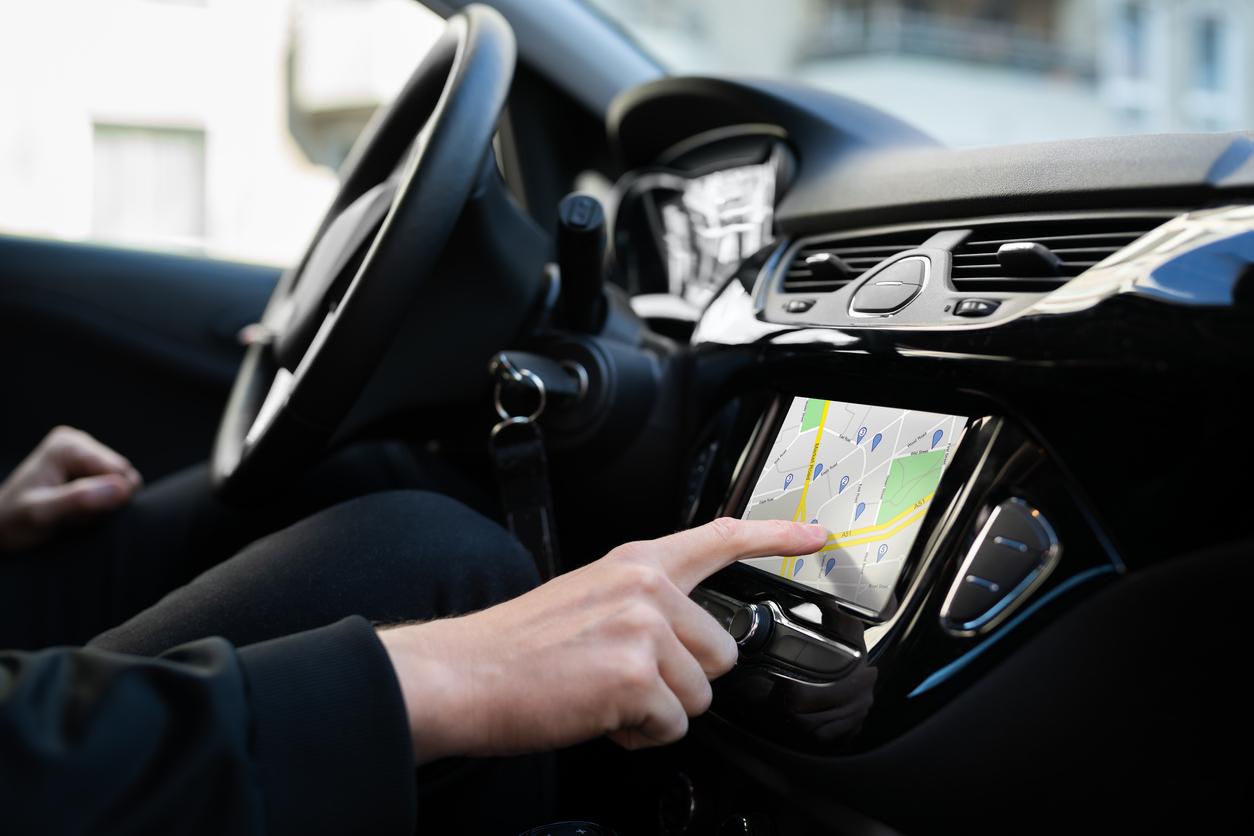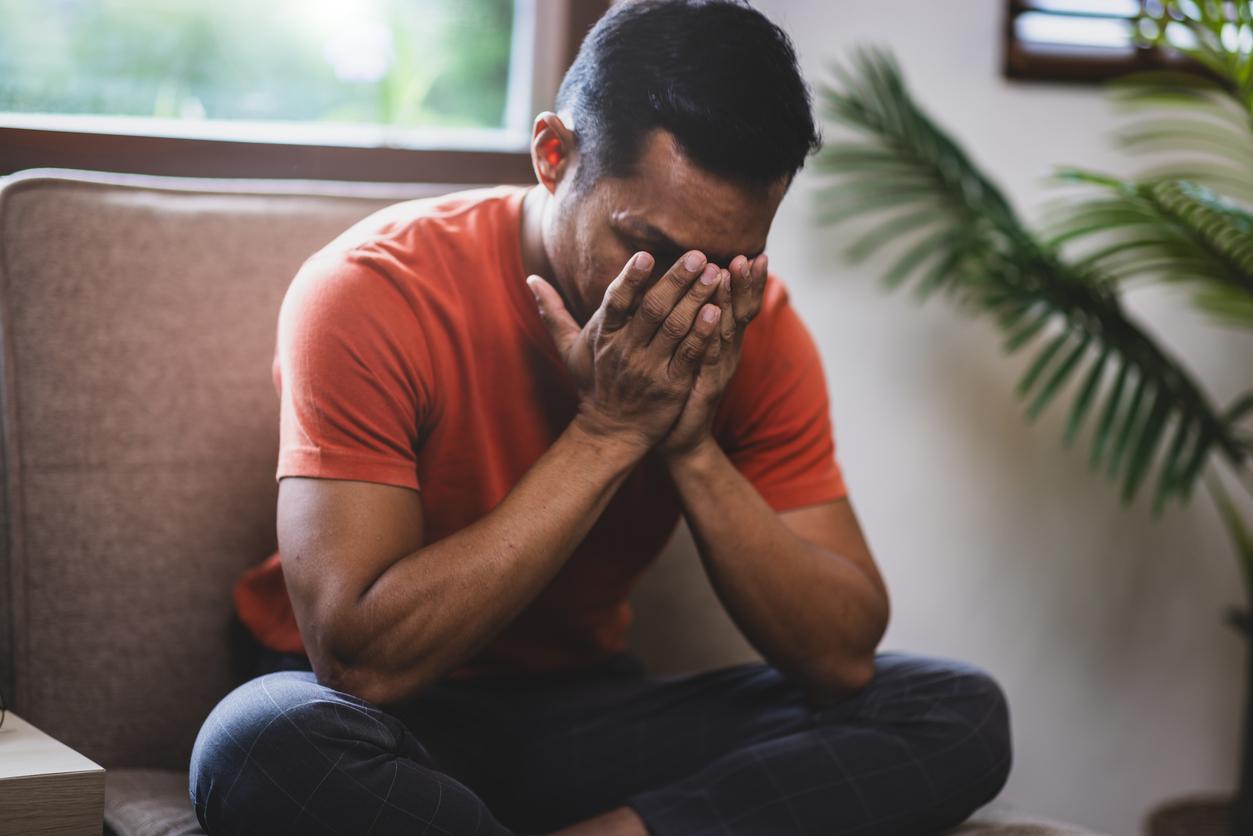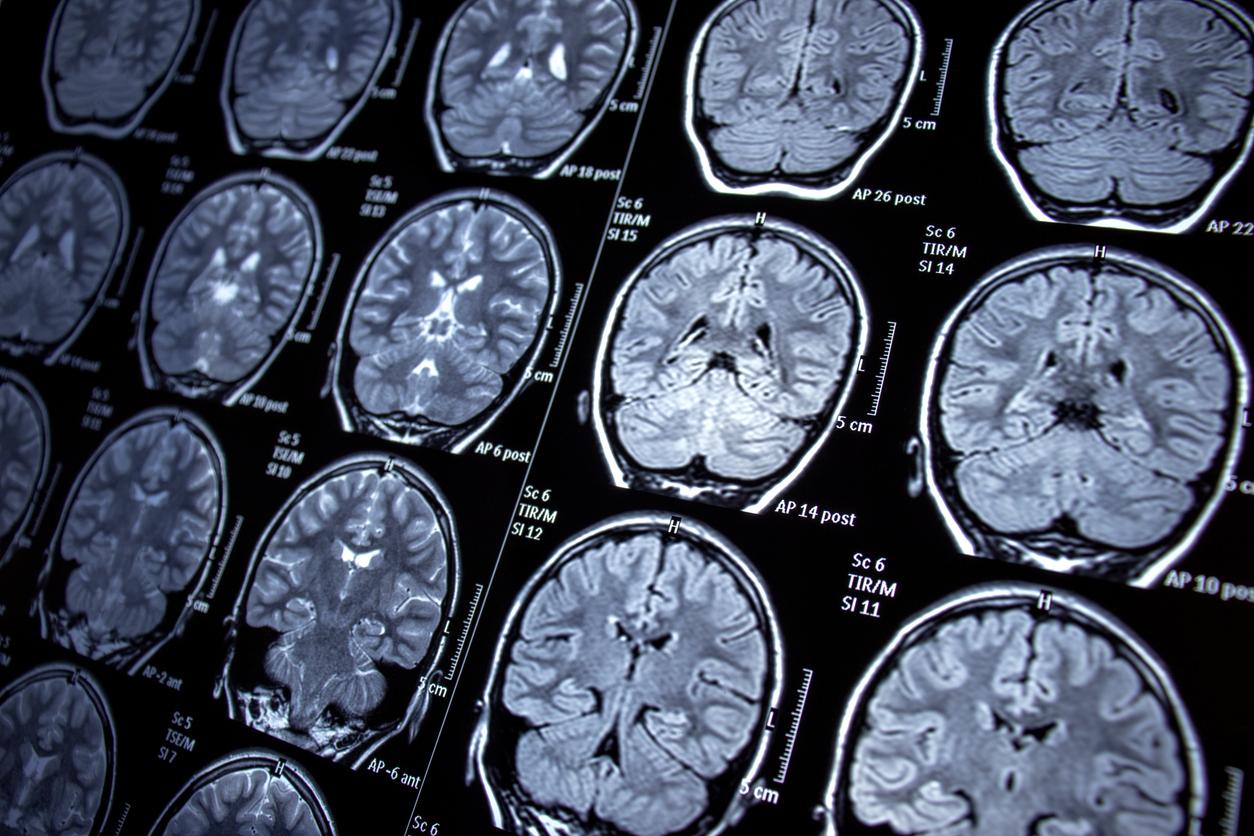Being nostalgic does not mean being depressed, on the contrary, remembering the past with tenderness can be a source of well-being and optimism.

With a particularly anxiety-provoking present, going back to the past allows you to cling to reassuring landmarks. Putting a little nostalgia in your life allows you to connect with who you were over the years.
Nostalgia source of optimism
Nostalgia is an emotion that has been particularly studied through psychology experiments (1) and proves to be very useful in social relations and optimism. Not only does it increase the objectives that we set for ourselves as a group, but also the interactions and therefore the means to achieve them.
Sharing experiences together and remembering them later not only helps to cement a friendship but also to better overcome life’s challenges. In this sense, nostalgia is told with pleasure, in a group, to do good and give a sense of belonging.
Nostalgia that reinforces the meaning of life
Still according to psychology studies on the subject (2), feeling nostalgic helps to positively reinforce the meaning we give to life. Once again, the social link contributes to this feeling of belonging to a group or a community thanks to common memories that we like to remember together.
Far from being trivial, nostalgia is therefore often underestimated or relegated to regrets or ruminations. On the contrary, using nostalgia regularly in your life to remember a particular episode or what you were, allows you to feel part of a group and helps build solid foundations to pursue your life goals.
Sources:
- Abeyta AA, Routledge C, Juhl J. Looking back to move forward: Nostalgia as a psychological resource for promoting relationship goals and overcoming relationship challenges. J Pers Soc Psychol. 2015;109(6):1029-1044. doi:10.1037/pspi0000036
- Routledge C, Arndt J, Wildschut T, et al. The past makes the present meaningful: nostalgia as an existential resource. J Pers Soc Psychol. 2011;101(3):638-652. doi:10.1037/a0024292
Find out more: “These memories that govern us”, by Patrick Estrade, Pocket editions.
.
















